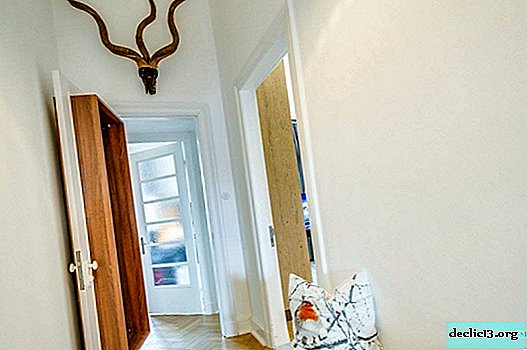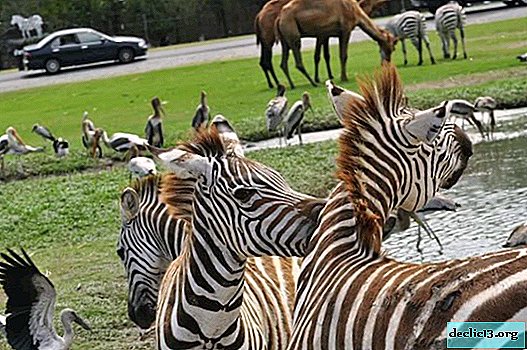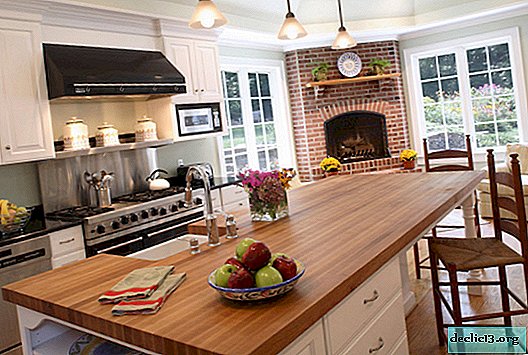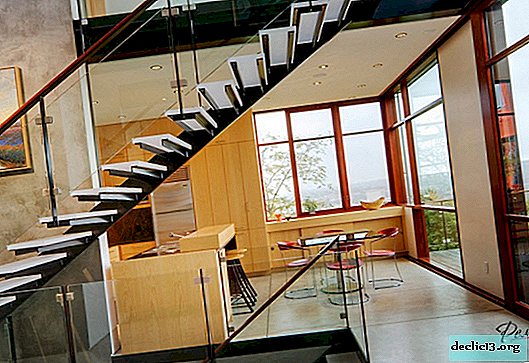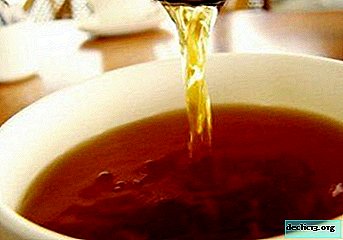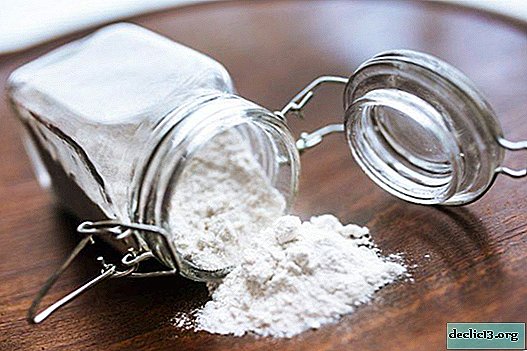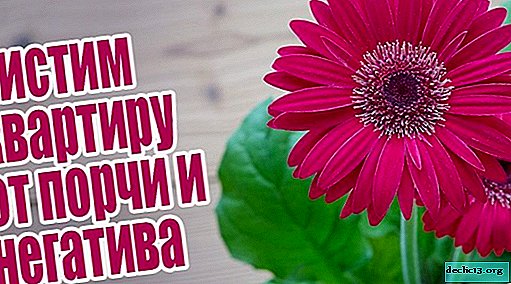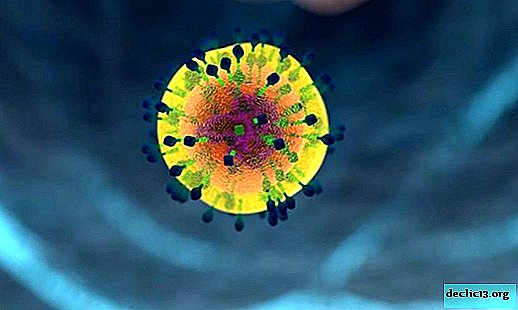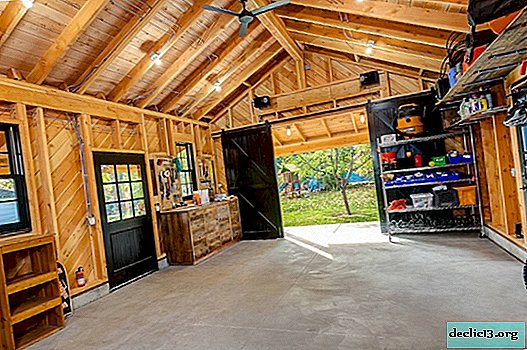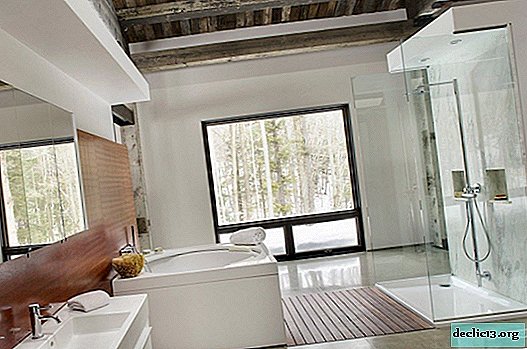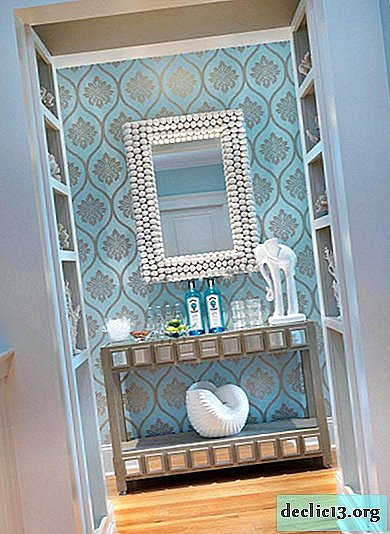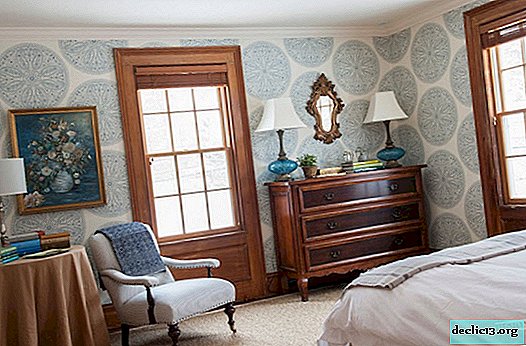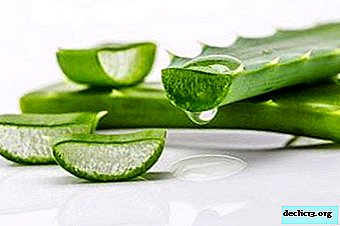Potted Begonia Care Tips - Keeping Your Plant Healthy for Long
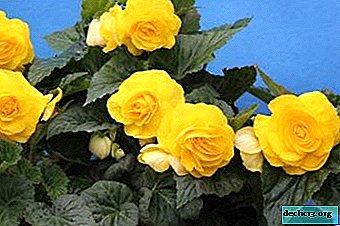
Begonia is a plant that has been recognized by gardeners for many years. There are about three thousand varieties of flower, many of which can be grown at home. The plant is quite whimsical and requires the right conditions for growing.
We will talk about how to ensure proper care of begonia in room conditions in this article. It will also be useful to watch an informative video on this topic.
Growing conditions
Properly caring for begonia in a pot means to provide it with the necessary conditions for healthy development.
Shine
The plant loves light, but does not tolerate direct sunlight. From them, burns can appear on the delicate leaves of the flower. It’s best to place a begonia pot on the windowsills that open southwest or southeast. With such lighting, the flower will be as comfortable as possible.
Humidity
In no case should you allow the soil in the pot with the plant to dry out.
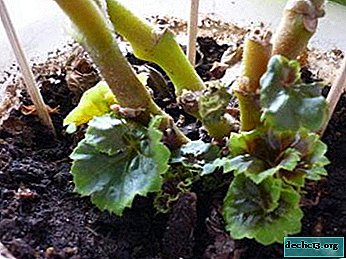 In summer, watering is done every other day so that the land does not have time to dry out.
In summer, watering is done every other day so that the land does not have time to dry out.- In winter, this procedure is carried out when the top layer of the earth dries up by 1-2 centimeters.
- Care must be taken to ensure that moisture does not stagnate in pallets. Since excess water can lead to rotting of the roots of the plant.
- It is necessary to water the plant with water at room temperature, which has previously been sedimented for several days.
You will find out how and at what begonia is watered at home in a separate article.
Air
In the room where the flower is located, it is important to maintain moderate humidity. In winter, the plant must be sprayed or put a small container of water next to the pot. Useful tips for caring for a plant in winter can be found in a separate article.
The optimal temperature for begonia is plus 15-24 degrees Celsius.
IMPORTANT: A plant with fleecy leaves should not be directly sprayed, it is better to spray water nearby.Choosing the right capacity for the plant
In choosing a pot for growing begonias, you need to adhere to certain rules:
- To plant begonia cuttings, low pots with a diameter of 5-6 centimeters are suitable.
- About six months after planting, as the root system grows, the pot must be replaced with a larger one (8-10 cm).
- After a year, already an adult begonia should be transplanted again into a container that will be one third more than the previous one. The pot should not be high. About how and when begonia is transplanted, read here.
- A prerequisite in each case is the presence of drainage holes.
- The material from which the pot is made does not really matter.
Begonia should never be planted immediately in a large pot. The root system of a young plant may begin to rot.
Priming
For growing this plant, loose soil, permeable, with a weakly acid reaction, is perfect. Ready-made primers for these flowers are sold in stores, but it is better to add sand to it to improve drainage properties. Soil for begonias can be made independently.
This will require:
- Two parts of leafy earth.
- Two parts peat mix.
- One piece of coarse sand.
Top dressing
During flowering, the plant needs a larger amount of nutrients, so during the growing season it will be advisable to fertilize the flower not three times a month. Mineral mixtures for copiously flowering plants are perfect for this. At a time when begonia does not bloom, feed enough once a month. About how to feed begonia for abundant flowering, you will learn here.
Possible problems and their solutions at home
No matter how well you take care of the plant, sometimes begonia gets sick. Consider the main problem situations and how you can help the plant.
Lack of flowering
Begonia is a rather delicate flower, so it may happen that the plant will not bloom.
This problem can be dealt with if you know the reason why the buds do not appear.:
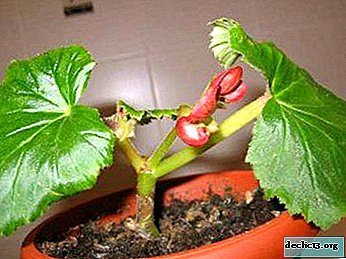 Room temperature is too low.
Room temperature is too low.- Draft.
- Very hot in the room.
- The air is too dry.
- Excess fertilizer.
- The pot is too big.
- The flower has recently been transplanted.
It also happens that the buds begin to fall from begonias immediately after the appearance. This phenomenon also has a number of reasons:
- Little sun.
- Watering is carried out incorrectly.
- There are insufficient nutrients in the soil.
What to do if the flowering plant species does not bloom, you will learn in this article, and read more about the reasons why the begonia buds fall, read here.
The appearance of yellowness on the leaves
Yellowing and drying of the leaves of the plant most likely indicates that the flower does not have enough moisture. Yellowness can also be caused by pests that attack the roots of the plant.
TIP: To cope with this problem, you need to transplant begonia into a new soil, after washing the roots with a weak solution of potassium permanganate.Leaf curl
The reasons why plant leaves may curl:
- The temperature in the room is too low or too high.
- Excess moisture.
- Lack of top dressing.
Leaf redness
The cause of redness of begonia leaves is an overabundance of light. Chlorophyll begins to disappear gradually, due to this the color of the sheet changes. One of these actions will help to solve the problem:
- Move the pot with the plant in a less lit place.
- Shorten the time when the flower is in the sun, for example with a curtain.
If you are interested in all possible diseases and pests of begonia, then you can read about this in another article.
Useful video
Watch a video about the rules for growing and caring for room begonia:
Conclusion
Begonia care at home seems difficult only at first glance. In fact, there are only four main points, correctly performed which, you can enjoy this flower for many years:
- Proper watering.
- Shine.
- Top dressing.
- Air temperature.
Initially, try to create the most comfortable conditions for the plant and then there will be no problems in caring for begonia.

 In summer, watering is done every other day so that the land does not have time to dry out.
In summer, watering is done every other day so that the land does not have time to dry out. Room temperature is too low.
Room temperature is too low.